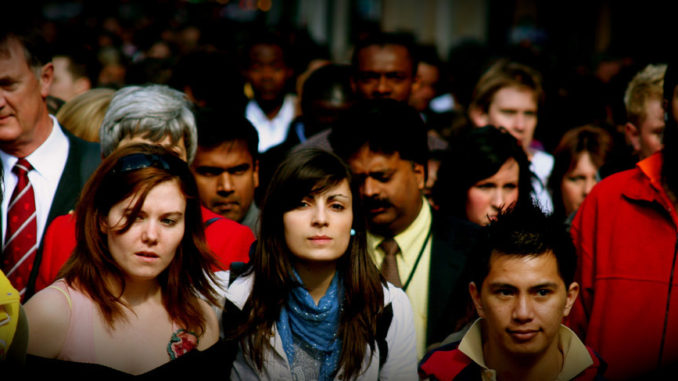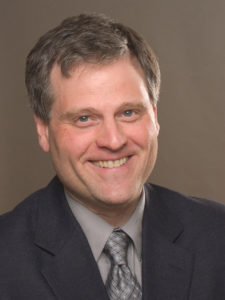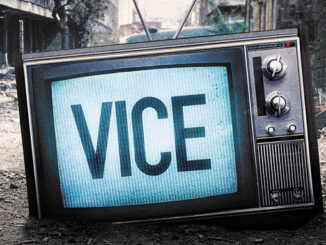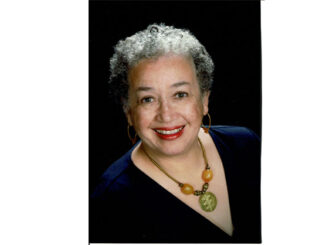
by Louis Bertini, MPSE

The Empire State Film Production Credit offered by the State of New York as an initiative to promote feature and television production, is by now well known––and a proven success. The boost in employment and production has returned more than $500 million to the New York economy, paying for itself many times over. This obvious increase has erased the doubts of most state lawmakers who opposed the creation of the program initially. For 2007, the state has allocated $60 million in new tax credits. The City of New York, which created a tax credit program of its own, has allocated $30 million for the same purpose, to be made available to productions that meet the eligibility criteria.
But along with this money, the New York City Council has also issued a challenge to the film and television production industry. In its opinion, there is a lack of racial diversity among the below-the-line rank and file, and the City Council wants something done about it. The possibility is implied that if the producers and unions do not do something to help improve the situation, the tax credit funds might not be made available next year. The charge to address this issue has been led by Christine Quinn, the Speaker of the City Council, who has stated that she wants to see a workforce that more closely represents the ethnic fabric of the city.
Paul Moore, the Guild’s Assistant Executive Director in New York, has played a leading role in lobbying for the creation of these tax programs, and is very involved in the politics behind them. The Eastern Region board members have been active in this lobbying effort as well. We have also had a program of improving workplace diversity in place for several years, long before the issue came up before the City Council. We are not motivated out of fear of losing the tax credits. We have done this because we felt that it was the right thing to do.
A fair question to ask is how much diversity is there in the Editors Guild? The office does not keep records of membership ethnicity, so it is not possible to take a statistical measurement; however, it does keep records of gender. Historically speaking, the Guild has always had a higher percentage of female membership than most of the industry unions. But this percentage dropped a bit in 1997 when the post-production sound members of Local 695, a mostly male group, was merged into Local 700.
The Guild held an open house at which students from schools all around the city were invited to network with our members. It is our goal to do more of this type of outreach in the future.
It was necessary for us to try and educate the City Council on how the Editors Guild works, and how jobs are obtained. We are, after all, mostly a group of freelancers who constantly struggle to find work. The Guild has no control over hiring and cannot direct jobs to any particular group. When these points were made to members of the City Council, they were at first skeptical, and thought we were making excuses. Though Moore eventually succeeded in getting them to understand our situation, they still insisted that we make an effort.
Several years ago, when we moved to the Tribeca office, we expanded our outreach to the various film school programs in the city, and opened up our educational programs and seminars to students. We have always had a relationship with the big programs, such as at NYU or Columbia. But we began to reach out to schools that did not receive as much attention in the past, such as Kingsborough and Medgar Evars Colleges in Brooklyn, and the Borough of Manhattan Community Colleges.
Another excellent program we work with is the Ghetto Film School in the Bronx. Joe Hall, a graduate of USC, founded this school in 2000. Its goal is to deliver cinema studies, production courses and career development services to aspiring filmmakers 14-21 years of age.
Their mission statement includes a philosophy that recognizes that the glass is also half full with today’s urban youth, and helps to develop already existing strengths while building skills and confidence to help students excel at new challenges. Though in existence for just over six years, the school and its students have attracted a lot of attention in the city. Their work has been featured on IFC TV, E!, BBC’s Talking Movies, ABC News Now and CNN News, as well as The New York Observer, The New York Daily News, Vibe, Independent Filmmaker and MovieMaker magazines.
The Board has set aside a number of seats at all of our presentations and seminars for students from these schools, providing a great opportunity for students to learn from the presentations and to interact with our members. As Hall puts it, “The Editors Guild provides opportunities for relationship-building, both for the individual students and for GFS as a non-profit film school. This is crucial to our operation and mission, since it provides the basis of opportunities for work and education that our students need. The seminars the Guild provides to its members are sometimes open to our students. This is an incredible networking opportunity––and a chance to learn the latest technique and information from leading professionals.”
Historically speaking, the Guild has always had a higher percentage of female membership than most of the industry unions.
In a successful event held on December 2, the Guild held an open house in its New York office on Hudson Street at which students from schools all around the city were invited to meet and network with our members. It is our goal to do more of this type of outreach in the future. We are also planning to organize talks and lectures at the schools themselves, and to invite our members to make the presentations. Events such as these are exactly what the city council is looking for from us.
On June 29 of last year, the New York City Mayor Michael Bloomberg announced the creation of a new task force on diversity in feature, television and commercial production. This task force will include representatives from the mayor’s office, city agencies, the city council, and industry and organized labor groups. Also appointed to this council is Moore.
Modeled after the Mayor’s Commission on Construction Opportunity, the task force, as stated in its mandate, will “try to identify existing programs, and develop new proposals over the next six months to promote the recruitment of women, veterans and ethnic minorities by the film and television industry.”





